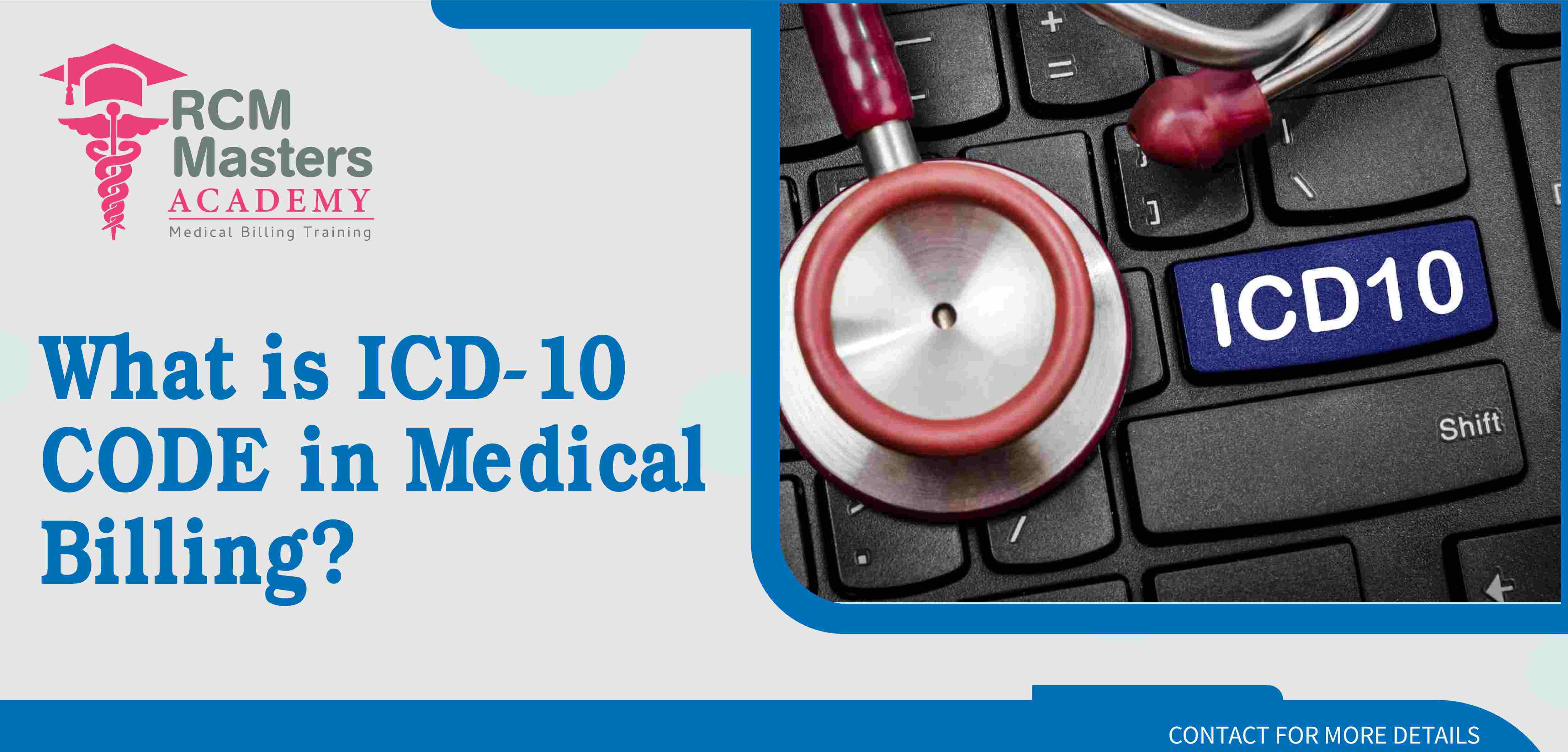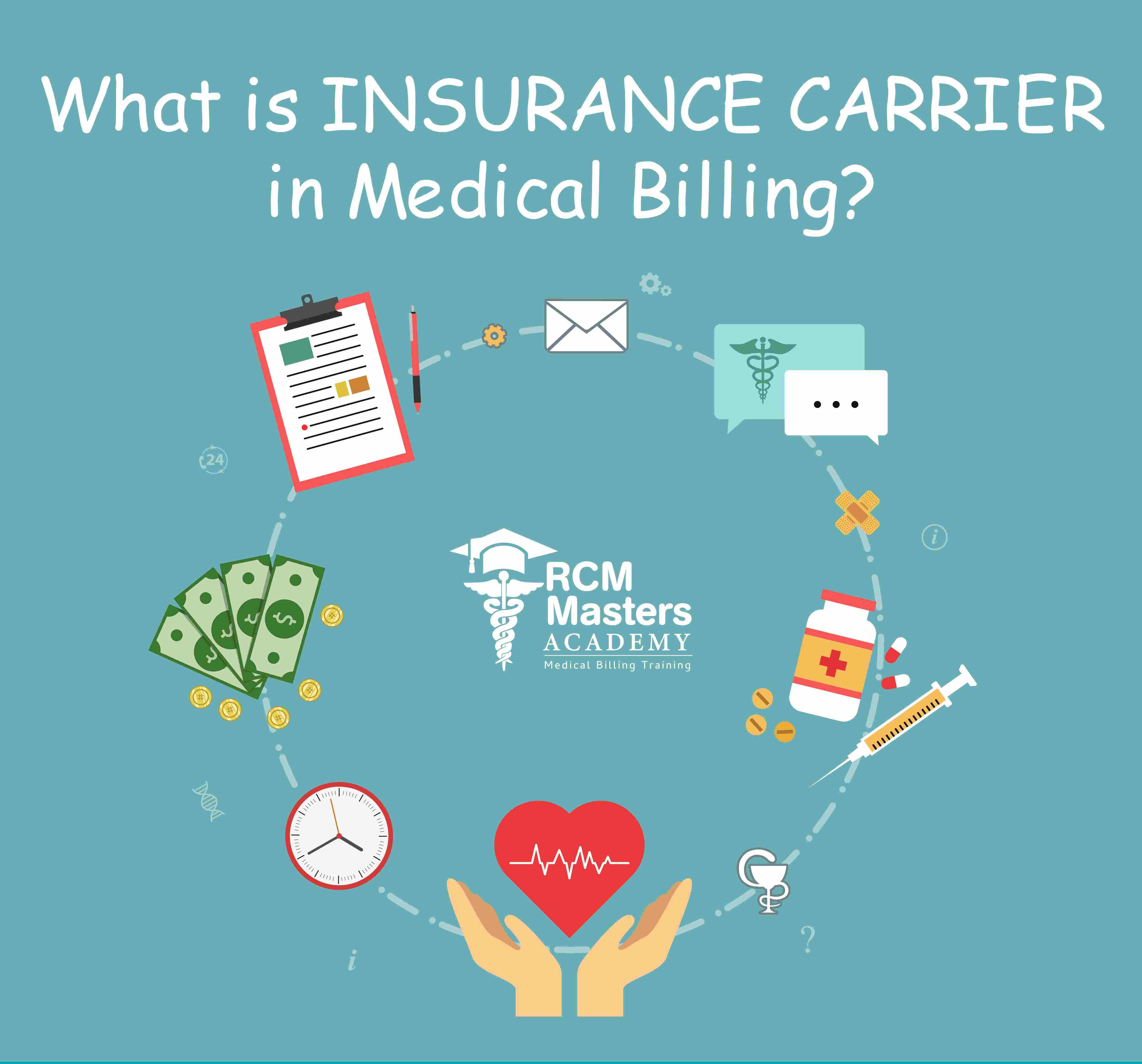 info@rcmmastersacademy.com
info@rcmmastersacademy.com

Medical billing is a crucial part of the healthcare industry, and it involves the process of submitting and following up on claims with health insurance companies in order to receive payment for services rendered. One important aspect of medical billing is the concept of medical necessity, which is often referred to as Explanation of Medical Necessity (EOMN). We will explore what EOMN is and how it impacts medical billing.
Explanation of Medical Necessity (E... Read more

Medical billing is a complex process that involves submitting claims to insurance companies and receiving payment for medical services rendered. One of the payment models that is commonly used in medical billing is the fee-for-service model.
Fee-for-service is a payment model where healthcare providers are paid for each service that they provide to a patient. This means that each time a provider performs a procedure, test, or examin... Read more

Medical billing can be a complicated process, and there are many different terms and concepts that can be difficult to understand. One such concept is the grace period in medical billing, which is an important consideration for both patients and healthcare providers.
In simple terms, a grace period is a period of time during which a payment can be made without penalty or interest. In the context of medical billing, a grace period is a period of time during which a p... Read more

If you have ever missed a payment or two, chances are you have received a collection letter from a creditor or debt collector. A collection letter is a formal document that is sent to individuals who have fallen behind on their payments or debts. It serves as a notification that the creditor or debt collector intends to take legal action to recover the outstanding debt.
A collection letter typically includes important information about the debt, suc... Read more

ICD-10 codes, or International Classification of Diseases, Tenth Revision codes, are a system of alphanumeric codes used in medical billing to classify and code diseases, injuries, and other health conditions. The ICD-10 coding system was first introduced by the World Health Organization (WHO) in 1990 and was adopted by the United States in 2015, replacing the previous ICD-9 system.
ICD-10 codes are essential to the medical billing proce... Read more

In-network refers to healthcare providers, facilities, or pharmacies that have agreed to accept a specific insurance plan's negotiated rates and terms. In medical billing, in-network providers are those who have a contract with an insurance company or a healthcare network to provide medical services to their policyholders at discounted rates.
When you have health insurance, you typically have the option to choose between in-network and out-of-ne... Read more

Medical billing is a crucial part of the healthcare industry, and insurance carriers play a significant role in this process. An insurance carrier, also known as an insurance provider, is an entity that offers insurance policies to individuals or groups. In the context of medical billing, an insurance carrier is a company that provides healthcare coverage for its members, often referred to as policyholders. We'll discuss what an insurance carrier is, its role in medical b... Read more

Medical necessity is a term used in medical billing to describe the requirement that a healthcare service or procedure must be deemed necessary for the treatment of a patient’s medical condition. It is a crucial aspect of medical billing because it ensures that medical services and procedures are justified and approved by insurance companies or government programs.
When a patient seeks medical treatment, the healthcare provider must determine ... Read more

When it comes to medical billing, one of the key terms that you'll frequently hear is "medically necessary." But what does this term really mean, and why is it so important in the world of healthcare?
At its core, "medically necessary" refers to any healthcare service or treatment that is deemed essential for the diagnosis, treatment, or prevention of a patient's medical condition. These services or treat... Read more

Medical billing is a complex process that involves many different components, including modifiers. Modifiers are codes that are added to a medical billing claim to provide additional information about the services provided. We will discuss what modifiers are, why they are used in medical billing, and some examples of common modifiers.
What are Modifiers?
Modifiers are two-digit codes that ... Read more